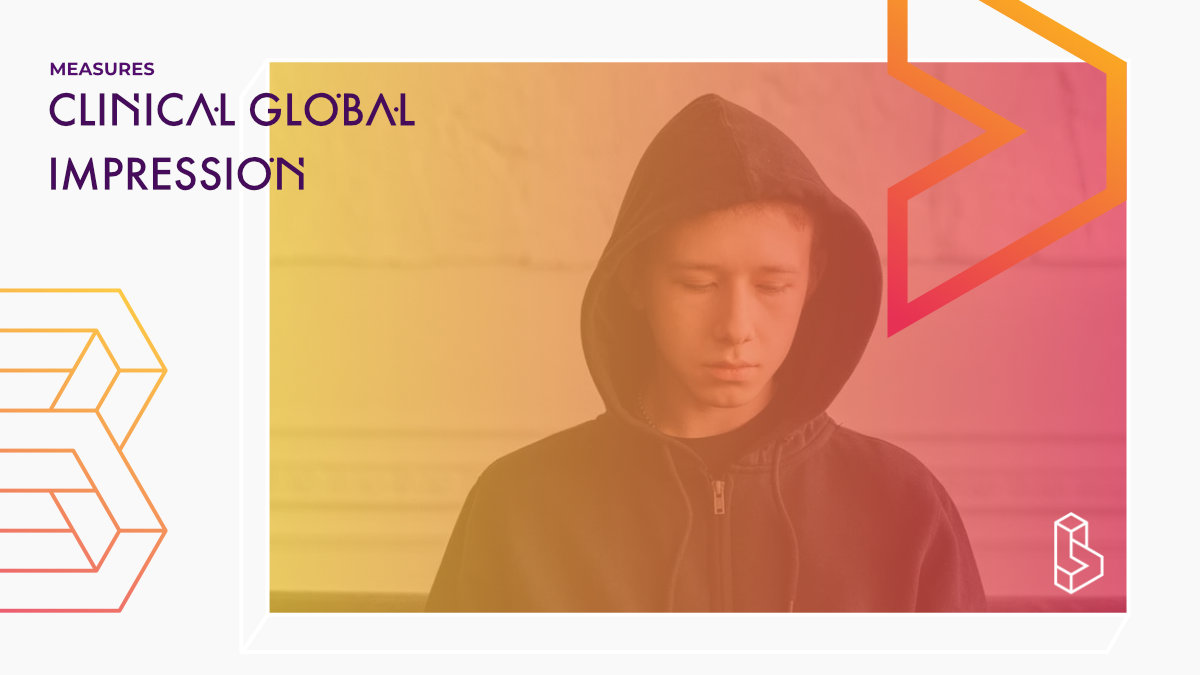The Clinical Global Impression – Improvement Scale (CGI-I) is a standardized assessment scale for determining the effects of mental health treatment among psychiatric patients.
The CGI-I is a 7-point scale that requires the clinician to rate the severity of the patient’s illness at the time of assessment, relative to the clinician’s past experience with patients who have the same diagnosis.
Active? Yes
First used: 01 January 1970
Related Trials
Intranasal Esketamine to Maintain the Antidepressant Response to IV Racemic KetamineThis study aims to assess the efficacy and safety of intranasal esketamine as maintenance antidepressant therapy in patients who have demonstrated clinical improvement with off-label intravenous racemic ketamine for treatment-resistant depression.
Ketamine Alcohol (in Treatment-Resistant Depression)
This open-label trial (n=60) tests the hypothesis that ketamine (35mg/70kg) infusion will be especially effective in those who have a family history of alcohol abuse (Family History Positive, FHP).
Ketamine for Treatment Resistant MDD
This study aims to openly test the long-term safety, tolerability and effectiveness of repeated administration of IM/SC ketamine for treatment resistant MDD.
Ketamine in Adolescents With Treatment-Resistant Depression
This study will test the use of ketamine for treatment of depression in adolescents that have not responded to other treatments. We will also examine neurobiological mechanisms of treatment.
Ketamine Plus Lithium in Treatment-Resistant Depression
The purpose of this study is to test the antidepressant effect of ketamine when given repeatedly over a period of 1 week, as well as the use of Lithium as a relapse-prevention strategy for patients with treatment-resistant depression (TRD) who respond to an initial series of ketamine infusions.
Randomized, Double-blind, Active Placebo-Controlled Pilot Study of MDMA-assisted Psychotherapy in People With Chronic PTSD
This Phase 2 pilot study assessed the safety and efficacy of MDMA-assisted psychotherapy in 10 people with chronic, treatment-resistant posttraumatic stress disorder (PTSD), comparing the effects of low and full dose MDMA as an adjunct to psychotherapy.
Study Comparing Three Doses of MDMA Along With Psychotherapy in Veterans With Posttraumatic Stress Disorder
This study is designed to provide information on whether psychotherapy ("talk therapy") combined with the drug MDMA is safe and helpful for subjects with posttraumatic stress disorder (PTSD).

